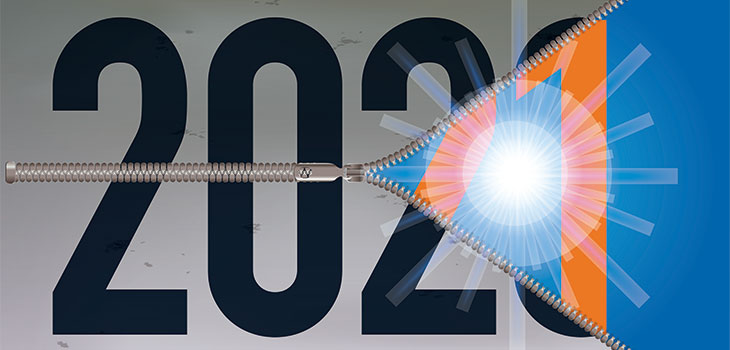
2020 was unarguably grim for so many people on so many fronts. Nevertheless, civil litigation has generated positives in various areas.
Those successful against an opponent backed by a litigation funder will rejoice that the Arkin cap of 2005 was blown off by the Court of Appeal in Chapelgate v Money (2020) EWCA Civ 246. Back in 2005 the Court of Appeal decided that the costs liability of a funder was limited (capped) to a sum equal to that which it had invested in the failed claim. In Chapelgate, the court looked at what the funder would have extracted had the claim succeeded, a consideration not identified in Arkin. Put succinctly, the bigger the upside were a claim to succeed should mean a greater downside if it didn’t. Since the funder was seeking the greater of 2.5 times what it put in or 25% of damages it followed that it should bear the full burden









